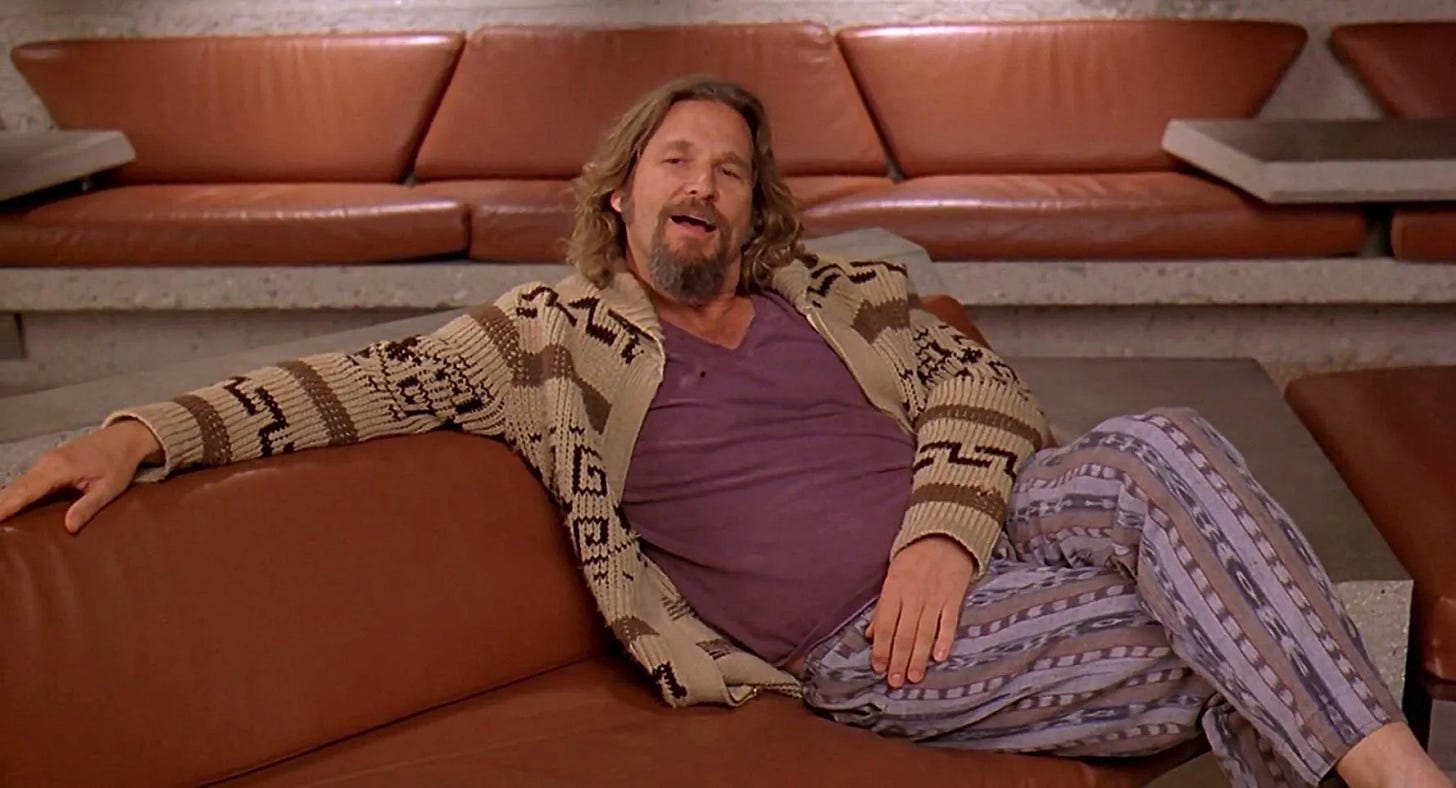From a socialist standpoint, an economic crisis is only meaningful if it opens up the political possibility of socialist transformation. We might face a breakdown of the economy — empty shelves, gas lines, and whatnot — accompanied by great suffering and social chaos, but I would distinguish that from the sort of collapse that Marxists have thought could lead to mass strikes and revolution. As I write this, the stock market is crashing hard, so an economic crisis certainly seems to be in prospect.
Of course, capitalism is unstable. Downturns exact great violence on the lives of many ordinary people. And the lives of multitudes are often not great in the absence of downturns. There is privation in the rich nations, and there are holocausts in the Global South, formerly known as the “Third World.” However, if a “crisis” is held to imply a likelihood of mass left-populist revolt, which is the only politically useful definition, then we don’t see many crises.
It may be naive or uncool so say so, but the ultimate refutation of Marxian crisis theory is the simple, inescapable fact that Capitalism just keeps rolling along. There is no lack of casualties along the way, but here we remain. Cynicism can be reactionary, but not if it points to an alternative, more constructive course of action. I’ll get to that.
Underlying the tendencies towards economic crisis is the Marxist take on the so-called tendency of the rate of profit to fall. Falling profits give rise to bankruptcies, mass unemployment, and labor ferment. Locating the source of crises, alternatively, in under-consumption or over-production has been held to be consistent with Keynesian demand management (fiscal stimulus, manipulation of interest rates) and obnoxious progressive reformism.
Your more centered sort of Marxist acknowledges that revolution is not preordained. It depends on voluntary action. It may be necessary, but it is not inevitable. I could add in my usual obnoxious way that insofar as it depends on subjective factors, that can only be because people think it is the right thing to do. So the ethical or moral dimension cannot be dismissed.
We could turn this around. In the absence of crises, by my definition, the tendency of the rate of profit to fall does not matter. We can see that it leads to the kind of political perversions now on display, the culmination of which now entails sweeping incorrect persons off the streets and shipping them off to horrid places, absent any access to due process, legal representation, family, or friends. There is protest around this, but it is mostly focused on getting back to normal. I would much prefer normal, but I would like to think that we can do much better still.
I should mention a relevant paper I found useful and provocative by the eminent Professor Anwar Shaikh. He writes clearly, unlike others I have had the misfortune to come across. I might even spring for his magnum opus.
In popular, demagogic discourse, doubt about the existence of economic crises can be stigmatized as an absence of concern for the travails of the working class. Which side are you on. It may provide for less drama, but my preferred recognition of the absence of crisis in the sense I delineate above is more conducive to a useful politics. Expectations of catastrophe lead to hyperbolic, ultimately unpersuasive appeals. Everything is always intolerable and getting worse, and if you don’t accept that, you suck! Good luck with that message.
I like to point out the illogic of claiming that things are as bad as possible, then bewailing some new adverse development. If things can’t be any worse, then nothing could make them worse, so what’s your problem. Indeed, absence of that adverse development, or reversing it, is a gain, in relative terms. The U.S. has a skinny welfare state, but cuts in social insurance or the safety net remain possible and to be regretted. “Welfare” has been cut, and not just in the U.S., but there is still a lot left. Ignoring that facilitates further cuts, just as saying Social Security is going bankrupt empowers the Republicans to kill it.
There is a literature on Marx’s theory of large-scale crisis. I am barely familiar with it. I mentioned the Shaikh paper above. My main grip on this notion is that by some interpretations of Marx, given the excess of sales proceeds over labor compensation (‘surplus value,’ roughly), workers can never “buy back” what they produce, which is said to lead surely to an economic breakdown.
A distinction may be made between “under-consumption” (people can’t buy what they produce) and “over-production” (goods sit unsold, leading to bankruptcy and unemployment. I’d say this is a false distinction. Over-production is only meaningful relative to what consumers can buy. It doesn’t help to locate over-production in the realm of capital goods (plant and equipment), since it is those goods that are the basis for production of consumer goods. Excessive capital goods production implies too much consumer goods output that cannot be sold.
My little glimmer of insight, undoubtedly unoriginal, is that the harm to business profitability from either under-consumption or over-production, as well as falling profits themselves possibly due to other factors, is transferred to financial markets, where we see the actual blow-ups and ensuing bouts of unemployment. In this way, whether you buy under-consumption, over-production, or falling profits, Marx uncovers the roots of the “Minsky Moment.”
The fact that the gap between what workers make and what they can buy is made up by credit does not get you out of the woods. I was once convinced of this, to my everlasting regret. Upon reflection, it’s actually kind of stupid. As a Japanese philosopher once noted, “The essence of credit lies in its avoidance of the crisis inherent in the selling position – the postponement of the present crisis to some future date.” Ordinarily the interest rates available to worker-consumers are far greater than the growth in their incomes. You can’t buy back what you couldn’t afford in the first place, except by practicing personal austerity later on, voluntarily or otherwise.
Here again the seeds of financial meltdown originate in a lack of effective demand. Keynes’s distillation of insufficient wages (relative to the value of output) focused on by Marx, encompassed by the concept of effective demand, is much clearer than Marx’s S, C, and V.
A more reasoned, radical take is that the absence of crisis is a rationale for reformism through parliamentary means. Just so. If your politics entails waiting for the deluge, you might wait a lifetime. Imagine all the productive things you might have been able to do instead. I’ve taken a lot of sh*t from ultra-left types, but if my writing could convince just one young person to reorient in a more politically and personally wholesome direction and avoid wasting decades — like I did — I will feel my hectoring was worthwhile.
Like The Dude, we need to figure out a way to abide. As Marxists used to complain, if you reject the historical necessity of socialism, by which I mean the political inevitability of socialist transformation, then socialism becomes a matter for voluntary choice, out of idealism or a moral outlook. This is where I am now. On inevitability, I think it was the German SPD leader Edouard Bernstein who criticized certain takes on Marx as “Calvinism without God.”
“Once one admits "that capitalist development does not move in the direction of its own ruin," she (Rosa Luxemburg) declared, "then socialism ceases to be objectively necessary." To abandon the theory of capitalist collapse was to abandon scientific socialism.” — Anwar Shaikh, “An Introduction to the History of Crisis Theories.” (linked above)
I never thought socialist revolution was inevitable. Putting this delusion to bed permits us to appreciate the more valuable insights in Marx. To fail to be persuaded of the inevitability of collapse is said to abandon “scientific socialism.” That doesn’t mean socialism is not necessary to human survival. I believe it is. The tragedy is, it is not guaranteed.





As a friend my advise is: Don't bother to read Anwar's magnum opus. It would be a (large) waste of your time.
As a sometimes perverse type, my advise is: Go ahead and waste your time reading Anwar's magnum opus. I did, so why shouldn't you? What you will discover is a very convoluted attempt to preserve what one can fool oneself into believing is a "scientific" reason to believe that capitalism will almost? inevitably destroy itself without the necessity of a self-conscious, huge, successful effort on the part of humans to choose to abandon capitalism for a better way to organize our economic affairs. At its core Anwar tires to provide a somewhat novel theory for why there is an inevitable tendency for the rate of profit to fall. The problem is that there simply is not.
To my uneducated economic perspective, it seems like the capitalists can always get out ahead of the crisis before it becomes the one that does the trick. Then the threshold for the one that would do the trick is raised. If it takes a collapse the magnitude of the Depression to compel people to demand a change to a system that really benefits more equitably, maybe we will see it with Trump.